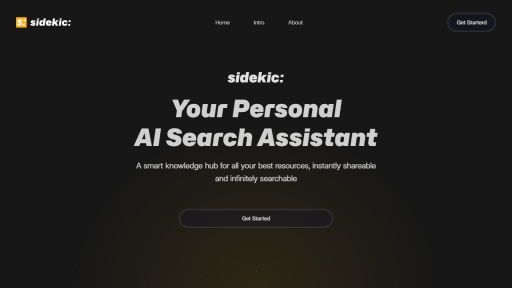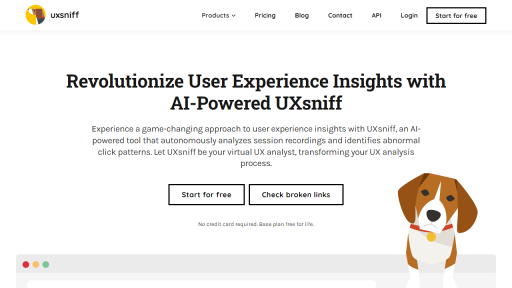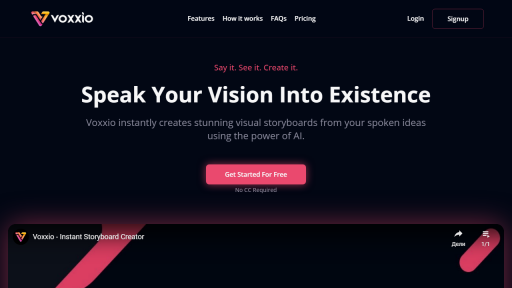What is Semantic AI?
Semantic AI is an advanced artificial intelligence tool that leverages natural language processing (NLP) and machine learning to understand and interpret human language in a more contextual and meaningful way. Unlike traditional AI systems that rely on keyword matching, Semantic AI goes beyond mere syntax to grasp the semantics of language, enabling it to discern the intent and nuances behind words. This capability allows businesses and developers to create more interactive, responsive, and intelligent applications that can engage users in a more human-like manner. Semantic AI can be employed across various domains, including customer service, content generation, data analysis, and personalized recommendations. By utilizing vast datasets and sophisticated algorithms, it can analyze text, audio, and visual information, making it an invaluable asset in enhancing user experiences and optimizing decision-making processes. With its ability to learn from context and adapt over time, Semantic AI is paving the way for smarter interactions between humans and machines.
Features
- Contextual Understanding: Analyzes text and speech to capture meaning beyond keywords, ensuring a deeper comprehension of user intent.
- Multi-Modal Processing: Capable of interpreting and integrating information from diverse sources like text, audio, and images.
- Natural Language Generation: Generates human-like responses, enhancing conversational interfaces and automated content creation.
- Sentiment Analysis: Evaluates emotional tone in user interactions, allowing businesses to tailor responses and improve customer engagement.
- Personalization: Adapts recommendations and interactions based on user preferences and behaviors, fostering a customized experience.
Advantages
- Improved User Interaction: By understanding nuances in language, Semantic AI fosters more engaging and meaningful conversations with users.
- Increased Efficiency: Automates routine tasks such as customer inquiries and data analysis, allowing teams to focus on strategic activities.
- Enhanced Decision-Making: Provides insights derived from data analysis and sentiment interpretation, aiding in informed business decisions.
- Scalability: Easily scales with organizational needs, accommodating growing volumes of data and complex user interactions.
- Cost-Effective: Reduces the need for extensive human resources in customer service and content generation, leading to savings on operational costs.
TL;DR
Semantic AI is an intelligent tool that enhances interactions by understanding the context and meaning behind human language, enabling businesses to provide personalized and efficient user experiences.
FAQs
What industries can benefit from Semantic AI?
Semantic AI can benefit various industries, including customer service, healthcare, e-commerce, finance, and education by improving user interaction and data analysis.
How does Semantic AI enhance customer service?
By understanding customer inquiries contextually and sentimentally, Semantic AI provides accurate responses, reduces wait times, and improves overall satisfaction.
Can Semantic AI be integrated with existing systems?
Yes, Semantic AI can be seamlessly integrated into existing software platforms and workflows, enhancing their capabilities without requiring a complete overhaul.
Is Semantic AI capable of learning over time?
Absolutely! Semantic AI utilizes machine learning algorithms that enable it to learn from user interactions and improve its responses and accuracy over time.
What kind of data can Semantic AI process?
Semantic AI can process various types of data, including text, audio, and visual inputs, making it versatile for different applications and industries.






